B Corps are for-profit businesses that are certified as achieving the highest level of social and/or environmental impact and who act as a “Force for Good”. If traditional business is about maximising shareholder return, B Corps are about operating to create value for workers, community, the environment AND shareholders. To that end, B Corps must change their Company Articles to commit to having a positive social and environmental impact and to consider the interests of all stakeholders in decision making.
The B Corp movement began in the USA in 2007 and has now spread worldwide, with the UK having the fastest growing B Corp community. At the end of 2021 there are now well over 600 UK B Corps and over 4,000 B Corps globally. Household names such as Cook Foods, The Body Shop, Guardian Media Group, Danone, Innocent Drinks and Coutts Bank are all certified B Corps - along with hundreds of smaller companies from every kind of industry sector - all working to redefine what business is about.
Midori’s Kate Chapman has been involved with the B Corp movement since it began in the UK in 2015 and worked with B Lab (the non-profit that runs B Corp) to design and deliver the first B Leader training programme in 2016. B Leaders are independent consultants who are trained by B Lab to support companies through the B Corp certification process. As one of the first B Leaders in the UK, Kate has now helped over 70 companies to complete the B Impact Assessment and many of these have gone on to achieve the full B Corp certification.
To learn more about B Corps, visit their website: http://bcorporation.uk/
The B Corp Certification Process
The journey to B Corp certification is challenging – and rightly so. Achieving the standard is not meant to be easy, and most companies have to make changes to the way they operate in order to meet the required B Corp standard.
But the rewards are considerable!
Being a B Corp gives you:
External certification that your business is having a positive social and environmental impact
A framework within which to develop your business in a sustainable and ethical way
Access to a network of progressive, like-minded organisations who can give you ideas and support for how to be even more impactful
A way of standing out from the crowd … although the B Corp movement is growing rapidly, B Corps are still pioneers and setting the standard for a new, better way of doing business. It also makes you a more attractive employer and can help you attract investment
To achieve B Corp certification you will need to:
Complete the B Impact Assessment and score a minimum of 80 points (the exact number of questions you will answer varies depending on the size of company you are and what industry and market you operate in, but there are usually between 200 and 300 questions to complete)
Fill in the disclosure questionnaire
Change your Articles of Association or Partnership Agreement to reflect the B Corp legal wording
Collect and collate evidence to support your answers to the BIA
Upload evidence
Take part in a review call with a B Corp Standards Analyst (where they will review your answers and ask some detailed questions on any aspect of the BIA)
Sign the declaration of interdependence and term sheet
Pay annual certification fee
How Midori can help you achieve B Corp certification
Every B Corp journey is different, and so there is no “prescriptive” route to becoming a B Corp - much depends on where you are starting from, how much internal resource you have, what type and size of business you are and the extent to which you need to get your team on board with becoming a B Corp.
That said, there are a range of services that we offer that can help you navigate the process more quickly and efficiently and effectively than if you go it alone. Not all of these steps are always necessary, but the below gives a flavour of what we do for B Corp clients.










